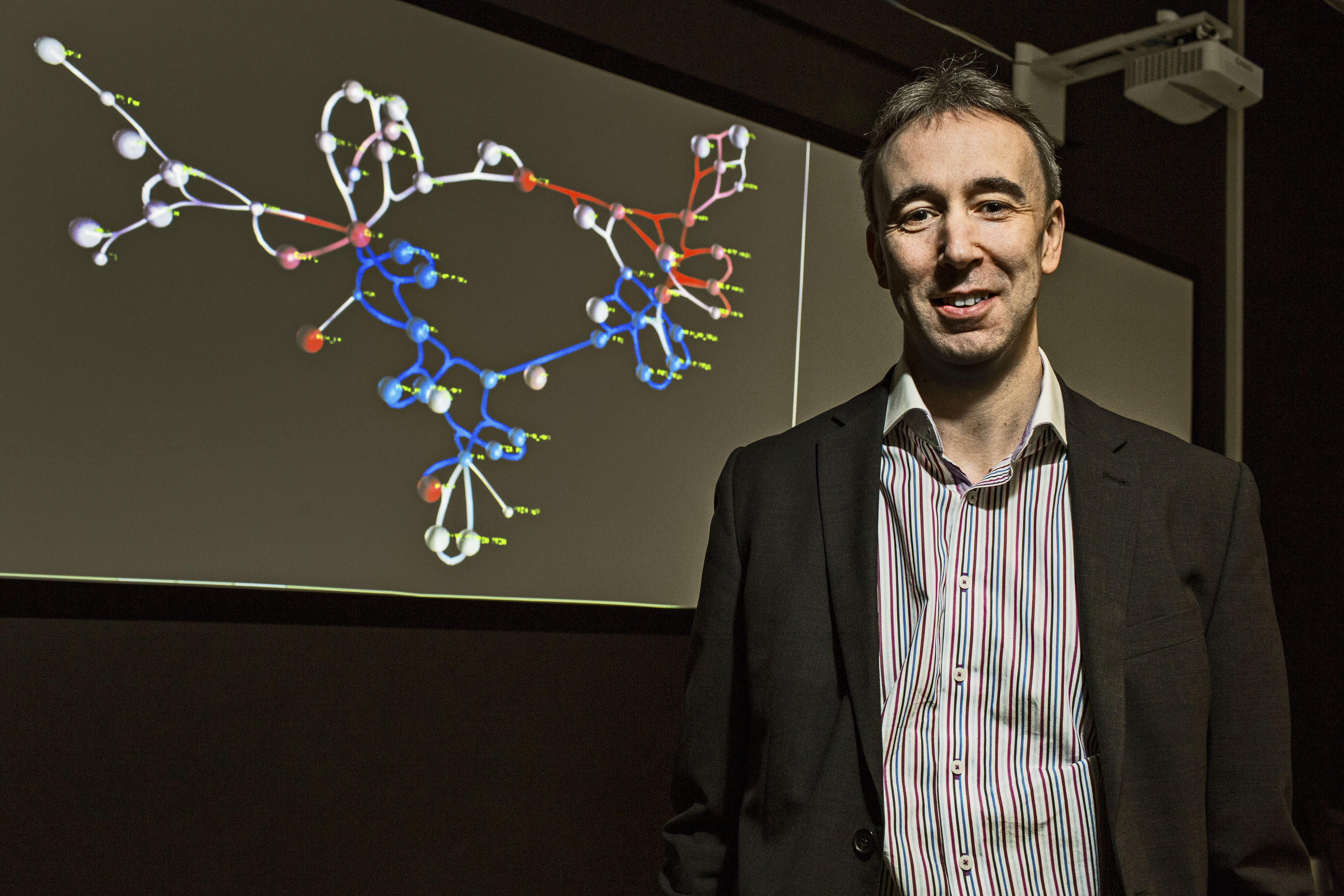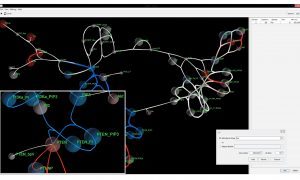Computer games technology is being used to help develop new and potentially life-saving cancer treatments.
Scientists at Abertay and St Andrews universities have created a simulation tool known as SiViT, which converts existing models of cell behaviour into dynamic, colour-coded animations.
These in turn enable researchers to conduct virtual experiments with anti-cancer drugs, simplifying what were previously complicated computations.
It has been hailed as a “significant step forward” for cancer research with the potential to help researchers overcome drug resistance and increase survival rates.
Clinicians can interact with the model as if it were a computer game, while the model works away in the background, re-computing each of the complex mathematical equations the model is made up of every time they make a change to the experiment on screen.
Time can be wound forwards and backwards to see how cells will be affected by different dosages of different drugs, including combinations of drugs, applied in different sequences and at different times.
Crucially, it is hoped the simulation tool will help researchers in the design of combination therapies – an emerging form of personalised cancer treatment that offers a possible route to overcome anti-cancer drug resistance.
In addition, it can run any model of cell behaviour – whether that is models of ovarian cell pathways, prostate cells, or breast cancer cells – so it can be adapted to suit the needs of any research team working on any cell type anywhere in the world.
Jim Bown is Professor of Systems Biology at Abertay University and has led this project.
He said: “Cell signalling networks are enormously complex systems and it’s this complexity that makes cancer research so incredibly difficult.
“These days, although it’s possible to determine whether an individual would be likely to benefit from a particular type of treatment or not, there are still no guarantees that the treatment will work.
“The patient might get an initial response, but after a while the drug will stop working because the cancer cell has found a way to overcome whatever the drug had managed to prevent it from doing.
“Finding the right drugs that will work on the right part of the body and in the right way, without unexpected consequences, is a huge search problem for cancer scientists and this tool can help them in that search so that they can develop new ways of treating cancer and, ultimately, increase survival rates.”
Professor David Harrison from St Andrews, whose cancer research provided the data used to build and test SiViT, believes its creation could be a breakthrough moment.
He said: “SiViT will reduce the overall number of experiments we need to do, the huge cost involved and – most importantly – help us to develop new treatments that will save people’s lives.”
Abertay University is at the forefront of using computer games technology in both interactive media for entertainment and as a vehicle for exploring and understanding complex systems.











